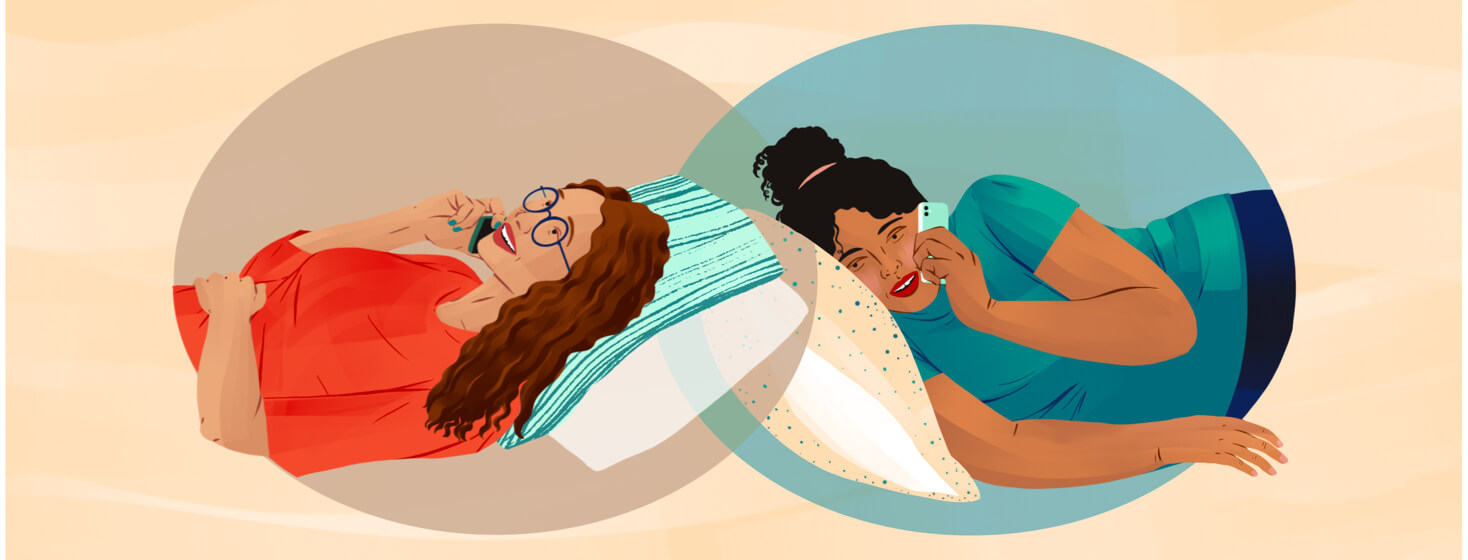Being a Friend to Someone With Epilepsy
I had been alone in my journey of being an epileptic person. I never shared my epilepsy story with anyone. I felt too insecure to share my story. And I didn't have any friends that I was comfortable enough with to share my condition. Until I was 24. So I wanted to share my story about friendships and how to be a good friend to someone with epilepsy.
Sometimes we feel alone
Let's be honest. When it comes to epileptic people, we are often alone in our journey. As an epileptic person, I know the feeling of being lonely. You see, sometimes we don't really find someone who understands us. We may have tons of friends willing to befriend us, but we are just too insecure to share our stories and problems with them. Don't worry, it is completely normal! Trust me.
In fact, I never felt comfortable sharing my story until I was 24! I finally had a friend and she listened to my feelings and aided me throughout the process. This has been a learning experience for both of us. Here are some tips on building a friendship with someone with epilepsy.
Tips for being a good friend to someone with epilepsy
Be comfortable being with us.
It's not always easy to identify a person with epilepsy. We look so normal to your eyes. But it takes time for both parties to get comfortable with each other. We need to build trust and understanding before we share about our chronic illness.
If you're really comfortable with someone with epilepsy, they will let you know their condition without you asking. It takes courage to speak about the illness we have in our body. In the past, I was comfortable but not welcomed to share my condition with my friends. I was really hoping that any one of my friends would be comfortable with asking about it, but no. It didn't go the way I wanted. I kept it within myself, and nobody knew I was living with epilepsy. I was not comfortable sharing my story with my friends so I kept quiet.
Be someone who's caring.
We need someone who actually cares about us. If you're really my friend, you will care for me. It's hard to find someone who cares in this generation. I had difficulties finding someone who truly cares for me or our friendship. It is rare. In my past, I was caring to friends, but it was not reciprocated. It was not going both ways and it ended our friendship, or I just chose not to speak about my illness to them.
Nowadays, finding a real friendship is so rare because everyone is so busy and occupied with their own lives. Can you imagine the difficulties an ill person has to go through to have one true friend? It's tremendously hard. Once we know someone truly cares, we might tell our health condition.
Featured Forum
View all responsesTake the time to learn about epilepsy.
People with epilepsy generally want to fit in with their peers, so when you know how to respond if they have a seizure, they may feel more comfortable spending time with you. Learning about epilepsy and seizures will help you realize that people with this condition are just like everyone else. Though some things can trigger seizures, like flashing lights or stress, seizures can also happen without any known triggers at all. Knowing this may help you better understand a friend who has epilepsy. Also, epilepsy is not contagious. You cannot get it from being around someone who has it.
If your friend has a seizure, remember to stay calm. Don't stare or try to restrain them during their seizure. Steer away anyone who is staring at them, this can be embarrassing for the person. Keep things near the person (such as furniture) soft and safe so they don't get hurt if they have another seizure. Help them keep track of their seizures by writing it down for them.
We need your support
I hope you'll be a friend to someone with epilepsy. Understand that they are not defined by their condition, and are the same person you knew before they shared their illness with you. Encourage them to socialize as much as possible, and be there with them when they need your support.

Join the conversation